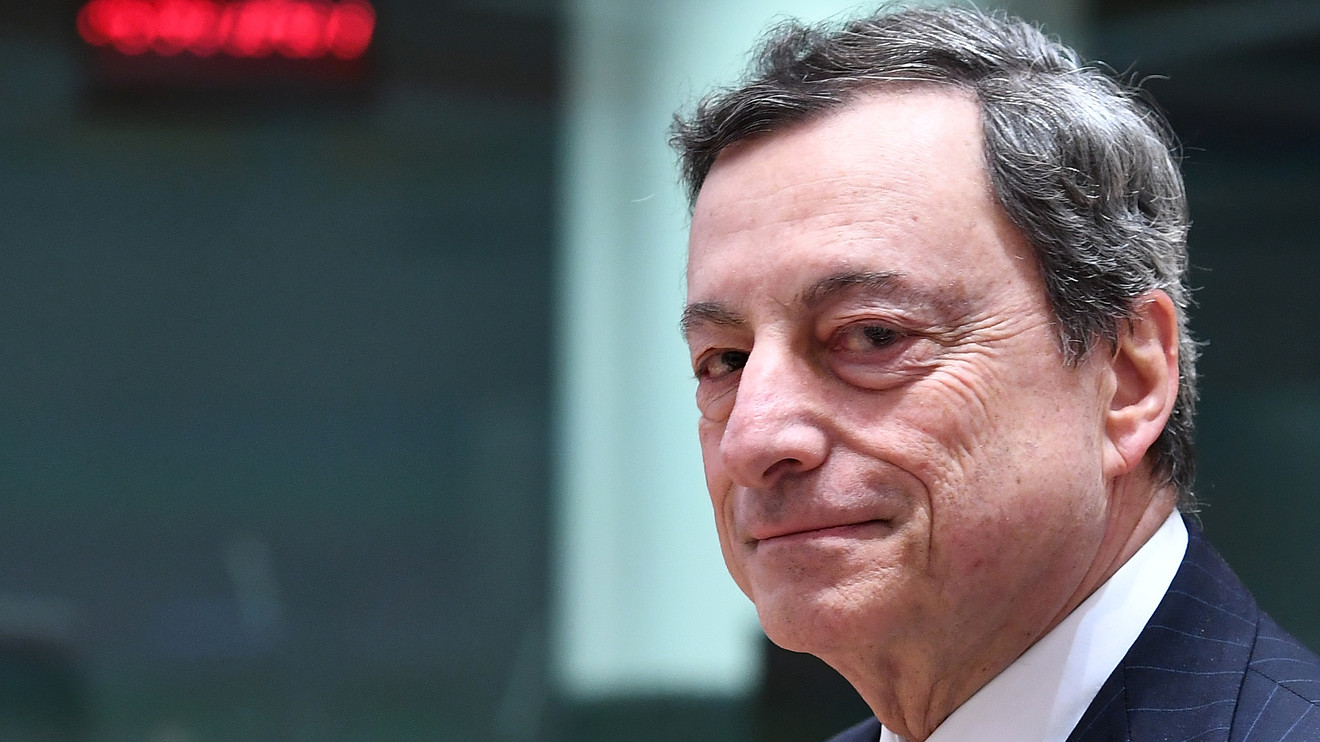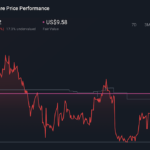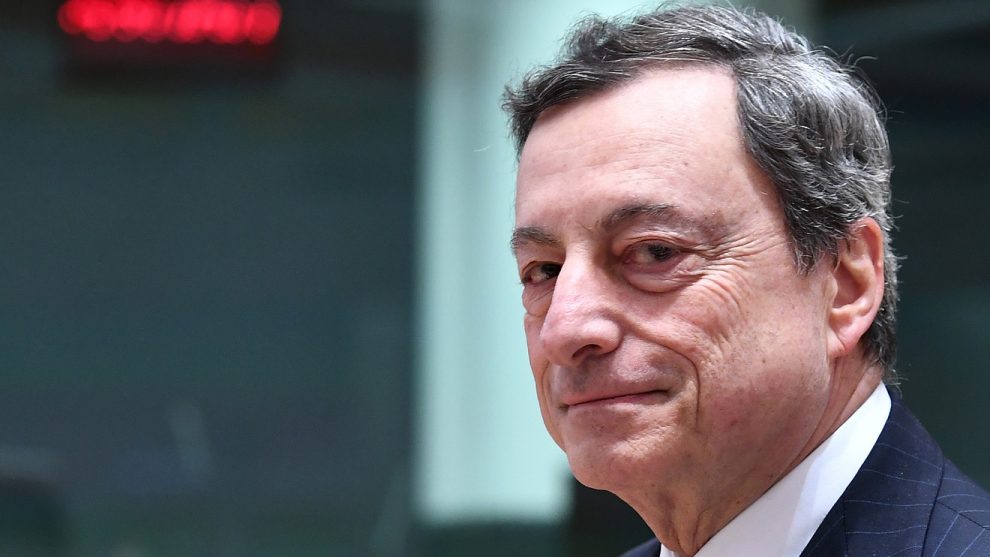
Concerns about central-bank independence are on the rise.
Take, for example, the cover of this week’s edition of the Economist:
And while not solely a U.S. concern, a steady stream of complaints by President Donald Trump about the Federal Reserve’s earlier string of interest-rate hikes and his announcement he would nominate Stephen Moore and Herman Cain — both widely criticized as unqualified and likely to act at the behest of the White house on policy decisions — to the central bank’s governing board have sparked fears the central bank’s policy independence could be at risk. (Four Republican senators have said they would vote against Cain if he were formally put forward, likely sinking his chances.)
See: Embattled Trump Fed pick Stephen Moore confronted with clips over his support for gold standard
On Saturday, European Central Bank President Mario Draghi appeared to take notice:
‘I’m certainly worried about central bank independence in other countries, especially…in the most important jurisdiction in the world.’
Draghi’s remarks, as reported by Reuters, came at a news conference at the spring meetings of the International Monetary Fund and World Bank in Washington. They also marked a rare instance of a central banker opining about the operations of a foreign central bank.
“If the central bank is not independent, then people may well think that monetary policy decisions follow political advice rather than objective assessment of the economic outlook,” said Draghi.
What about in his own backyard? Draghi said he didn’t see the ECB’s independence under threat, nor was he worried that the threat of the erosion of central bank independence around the world had yet had an adverse effect on global confidence, according to the report.
Want news about Europe delivered to your inbox? Subscribe to MarketWatch’s free Europe Daily newsletter. Sign up here.








